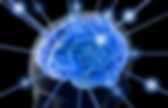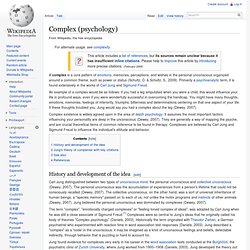

The Psychology of Authority. The Fascists That Surround You - Part 6: Ethics for Psychopaths. Carl Jung - Approaching The Unconscious. Chimpanzee vs. Human child learning (1/2) Paul Eckman: Why we lie. How to Influence People 1. Neuroscience and Free Will. Carl Jung: The Wisdom of The Dream - Vol 1 - A Life of Dreams. Jungian archetypes. Archetypes are universal archaic patterns and images that derive from the collective unconscious According to Jungian approach of psychology, some highly developed elements of the collective unconscious are called "archetypes".

Carl Jung developed an understanding of archetypes as universal, archaic patterns and images that derive from the collective unconscious and are the psychic counterpart of instinct [1] They are autonomous and hidden forms which are transformed once they enter consciousness and are given particular expression by individuals and their cultures. Being unconscious, the existence of archetypes can only be deduced indirectly by examining behavior, images, art, myths, religions, or dreams. They are inherited potentials which are actualized when they enter consciousness as images or manifest in behavior on interaction with the outside world.[2] Introduction[edit] Complex (psychology) For alternate usage, see complexity.

A complex is a core pattern of emotions, memories, perceptions, and wishes in the personal unconscious organized around a common theme, such as power or status (Schultz, D. & Schultz, S., 2009). Primarily a psychoanalytic term, it is found extensively in the works of Carl Jung and Sigmund Freud. An example of a complex would be as follows: if you had a leg amputated when you were a child, this would influence your life in profound ways, even if you were wonderfully successful in overcoming the handicap.